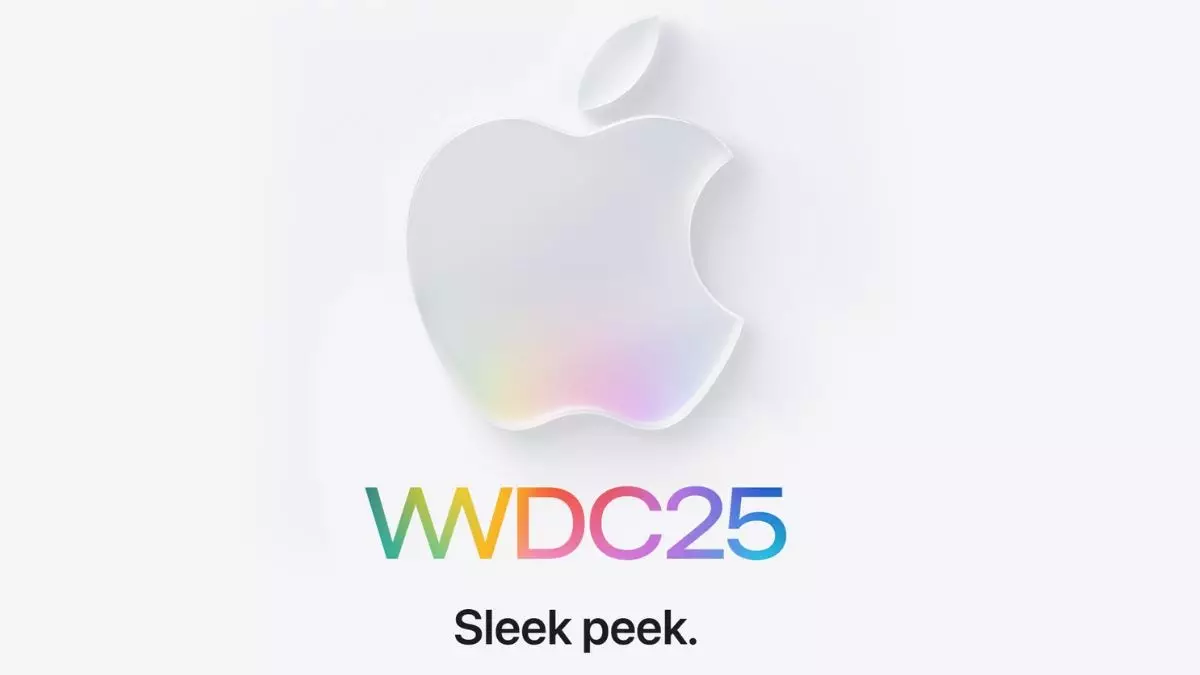As Apple gears up for its annual Worldwide Developers Conference (WWDC) 2025, starting June 9, the air is thick with expectation and skepticism alike. Scheduled to unfold over five days at Apple Park in Cupertino, California, the conference promises insights into the latest operating systems powering the iconic Apple device ecosystem—iPhone, iPad, Apple Watch, and more. Yet, beneath the polished exterior of promotional materials lies a nagging question: are these advancements revolutionary, or are we merely witnessing iterative updates dressed up as groundbreaking innovations?
Tim Cook’s Address: A Curtain Raiser?
Tim Cook will kick off the event with his keynote address, a moment often treated like a tech pilgrimage for devout Apple enthusiasts and developers. It’s heartening to note that the schedule has been shared well in advance, promising transparency amidst the otherwise secretive tech world. However, it’s hard not to feel a twinge of disappointment when one considers that the spotlight will likely shine not on hardware debuts, which has become a rare occurrence at WWDC, but on software updates that might not quite live up to the hype. The focus on bolstering their artificial intelligence experience is likely motivated more by competitive pressure than genuine ambition, raising concerns about whether this commitment to “Apple Intelligence” represents a commitment to innovation or simply an attempt to keep pace with rivals.
A Deeper Dive into Software Improvements
The main event, conveniently placed for maximum visibility, is set for a 10 am PT start, boasting live-streaming capabilities that will allow global spectators to tune in. Apple has built its ecosystem for developers, showcasing software enhancements like iOS, iPadOS, visionOS, watchOS, and tvOS, which sound enticing on the surface. Yet, one cannot shake the déjà vu induced by the increasingly predictable nature of these yearly reveals. The Platforms State of the Union, occurring later in the day, promises a deeper look at advancements but may find itself reiterating themes from past iterations lest Apple introduces disruptive functionalities.
Breaking New Ground or Treading Water?
The write-ups about developers receiving 100 technical sessions hosted by Apple experts highlight the company’s commitment to nurturing its developer community. Announcements regarding individual appointments and group labs for immersive learning experiences underscore Apple’s emphasis on collaboration. Yet, with a plethora of sessions centered around frameworks that may ultimately feel like enhancements rather than reinventions, it’s understandable if developers walk away feeling a bit shortchanged by what might appear to be an overly polished façade of innovation. The notion that 50 winners from the Swift Student Challenge will enjoy a monumental experience at Apple Park is uplifting, certainly, but it hardly represents a sweeping innovation that captivates the broader community.
The Bigger Picture: A Call for Revolutionary Change
In a world where bold technological strides are increasingly critical, Apple’s approach feels more cautious than pioneering. Are they still the trendsetters they once were, or have they succumbed to the comfortable status quo of incremental updates? The next few days will not only reveal what’s in store for Apple’s dedicated user base but also challenge the brand’s ability to keep its storied legacy of innovation alive in increasingly competitive waters. The expectation to break barriers looms large over WWDC 2025, and whether Apple will rise to the challenge remains to be seen.


Leave a Reply